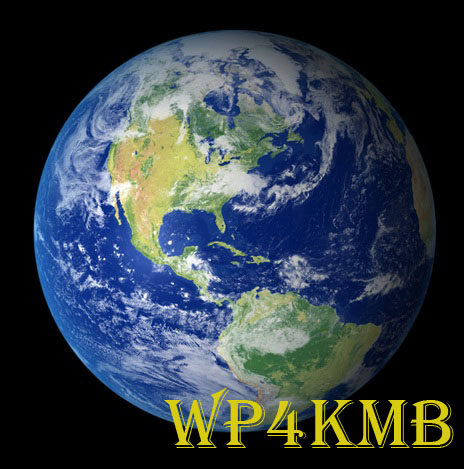ISS Contact with IARU Region 1 YOTA Camp
 Upcoming ARISS radio contact between the International Space Station, call sign OR4ISS, and young people at the IARU Region 1 Camp, call sign FX5YOTA, on Tuesday, August 19, 2025, at 09:18:53 UTC (10:18 AM BST) on 145.800 MHz FM.
Upcoming ARISS radio contact between the International Space Station, call sign OR4ISS, and young people at the IARU Region 1 Camp, call sign FX5YOTA, on Tuesday, August 19, 2025, at 09:18:53 UTC (10:18 AM BST) on 145.800 MHz FM.Astronaut Mike Fincke KE5AIT will operate the amateur radio station call sign OR4ISS aboard the ISS and will call the radio amateur ground station call sign FX5YOTA in France. This is a live ARISS radio contact from the Youngsters On The Air – Summer Camp in Jambville, France.
The YOTA Summer Camp is a chance of a lifetime for these young RSGB members to represent their country and their national society:
• Leon, 2E0VUF (UK Team Leader)
• Emily, M7HPU
• Sophie, M7IJG
• Sam, M0UEL
https://rsgb.org/main/about-us/yota/yota-summer-camps/yota-paris-2025/
• Leon, 2E0VUF (UK Team Leader)
• Emily, M7HPU
• Sophie, M7IJG
• Sam, M0UEL
https://rsgb.org/main/about-us/yota/yota-summer-camps/yota-paris-2025/
You can listen live to astronaut Mike Fincke aboard the ISS on 145.800 MHz (plus/minus 3 kHz Doppler shift).
Many FM rigs can be switched been wide and narrow deviation FM filters. For best results you should select the filter for wider deviation FM. Handhelds generally have a single wide filter fitted as standard.
The event will be streamed live:
English is the expected language of communication in this amateur radio contact.
Questions (as time allows):
1. What types of emergencies do you train for on ISS?
2. What’s the biggest question/curiosity you had about life before becoming an astronaut?
3. What was the most unexpected thing that happened to you in space?
4. What is the funniest thing to do in space?
5. How are crew and equipment on the ISS protected from solar radiation?
6. What were your first thoughts after seeing the Earth from above?
7. Can you describe how the ISS sounds like inside?
8. How does your body feel when you come back to Earth after being in space?
9. Was there an experiment where you had to improvise something?
10. How often do you get on the radio to make QSOs with HAMs?
11. Is amateur radio important for the ISS?
12. Back on Earth, how often are you active on the air and what’s your favorite band/mode?
13. How do you cope with being away from family for a long period of time?
14. What’s the first thing you would do back on Earth?
15. Can you describe your first ham radio contact from the ISS?
16. Will humanity be able to live on another planet/moon in the upcoming decades?
17. In your opinion, what skills are essential in becoming an astronaut?
18. Have you operated in Morse code as part of your amateur radio or other communication activities?
19. Does the time passed in space feel any longer or shorter than on Earth?
20. Is oxygen depletion highly affected by the growth of plants/micro-organisms on board?
The ARISS program is aimed at students and enthusiasts and aims to inspire them in the study of sciences with this amateur radio activity. The demonstration of amateur radio communication from space invites schools and universities to make use of these educational technical resources. We invite radio amateurs and space enthusiasts to tune in to this exciting moment.
Check out the ARISS website and follow ARISS on the official social media channels for more updates.
ARISS-Europe News Bulletins are distributed by AMSAT Belgium.
We can only maintain this service with your donation.
Powered by WPeMatico
Editor
AMSAT-UK

Comments are closed, but trackbacks and pingbacks are open.